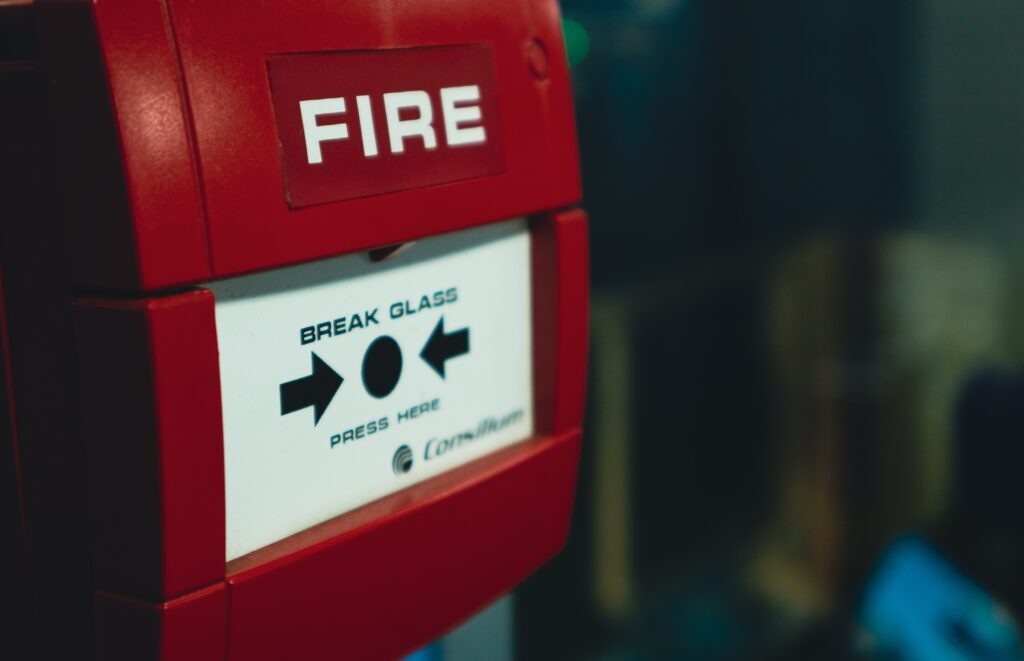
Fire detection systems are essential in protecting lives and property from the devastating effects of fires. A fire can escalate quickly, leading to property damage, injuries, or even loss of life. Early detection is key to minimizing these risks. Fire detection systems can detect smoke, heat, or gas emissions and trigger alarms to alert people, allowing them to evacuate the building or take action to extinguish the fire. This blog explores the significant role of fire detection systems in saving lives and preventing costly property damage.
1. Early Warning Saves Lives
Fire detection systems provide early warning, allowing individuals to evacuate safely before a fire spreads. In many cases, fires start small and can be controlled easily if detected early. Smoke detectors, for example, can sense the presence of smoke, which is often the first sign of fire. This gives building occupants enough time to exit the premises, call emergency services, and avoid dangerous smoke inhalation or worse. The faster the response, the better the chances of preventing fatalities or injuries.
2. Reducing Property Damage
Another key advantage of fire detection systems is the reduction of property damage. A timely alarm can help individuals respond before flames have the chance to spread throughout the property. In commercial or industrial buildings, quick detection can limit the damage to machinery, products, and infrastructure. By acting quickly, the fire department can also arrive at the scene while the fire is still contained, reducing the overall damage to the structure and property within. This minimizes the long-term financial loss associated with fire-related incidents.
3. Preventing Secondary Hazards
A fire can lead to secondary hazards such as structural damage, toxic gas release, or electrical fires. Fire detection systems help prevent these risks by enabling swift action. In case of a fire, these systems also help identify potential hazards, like gas leaks or electrical failures, that could make the situation worse. For example, heat detectors can identify overheating electrical equipment, providing an early warning to prevent further escalation. In turn, this can protect both the building’s occupants and the integrity of the structure.
4. Insurance Benefits
Fire detection systems can significantly impact insurance costs. Many insurance providers offer lower premiums to property owners who have installed these systems, recognizing their ability to mitigate fire risks. In case of a fire, the system’s quick response can reduce the severity of damage, potentially lowering the amount paid out for claims. This proactive approach not only saves lives and property but also saves money, offering long-term financial benefits. Furthermore, having a fire detection system in place may be a requirement for certain insurance policies.
5. Compliance with Safety Regulations
Fire detection systems are often required by law in many commercial buildings and residential areas. Adhering to these regulations ensures that the property complies with safety standards and avoids potential fines or legal issues. Properly maintained systems can be the difference between passing safety inspections and facing penalties. Moreover, they serve as a reliable safeguard in case of emergency, helping businesses, homeowners, and facility managers demonstrate their commitment to fire safety.
Conclusion
Fire detection systems are more than just a safety measure; they are a vital part of fire prevention and emergency preparedness. They help save lives by providing early warnings, reduce property damage by enabling timely responses, and prevent secondary hazards from causing further harm. Additionally, these systems can lower insurance premiums and ensure compliance with safety regulations, offering financial and legal benefits. Ultimately, investing in a fire detection system is an essential step in protecting both people and property from the devastating effects of fires.